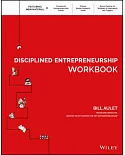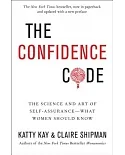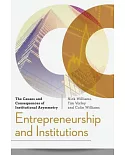Early pioneers in management thinking, such as Henri Fayol and Peter Drucker, conceived of management as a science-based professional activity that serves the greater good. Today, however, many
organizations are managed by people demonstrating anything but professionalism, resulting in mismanagement of risks as well as a one-dimensional focus on short-term results.
The key thesis in this book is that The Quest for Professionalism must be revitalized, because the societal costs and damage caused by managerial amateurism are huge. The book is about how to
address this grand challenge, for example by exploring whether and how a shared professional purpose, and a professional body of knowledge, can be developed. While most work in this area has
previously focused on management education, The Quest for Professionalism adopts an inside-out approach, implying management scholarship is the driving force behind any intrinsic transformation
of the profession at large. Without management scholars playing an active role in advancing ’science-based professionalism,’ in the mould of engineering and medicine, any attempt to
professionalize management practice is doomed to fail. Moreover, Georges Romme demonstrates the professionalization quest has to move away from the idea of management being confined to a few
people at the top, toward management as a technology for distributing power and leadership throughout the organization.





















